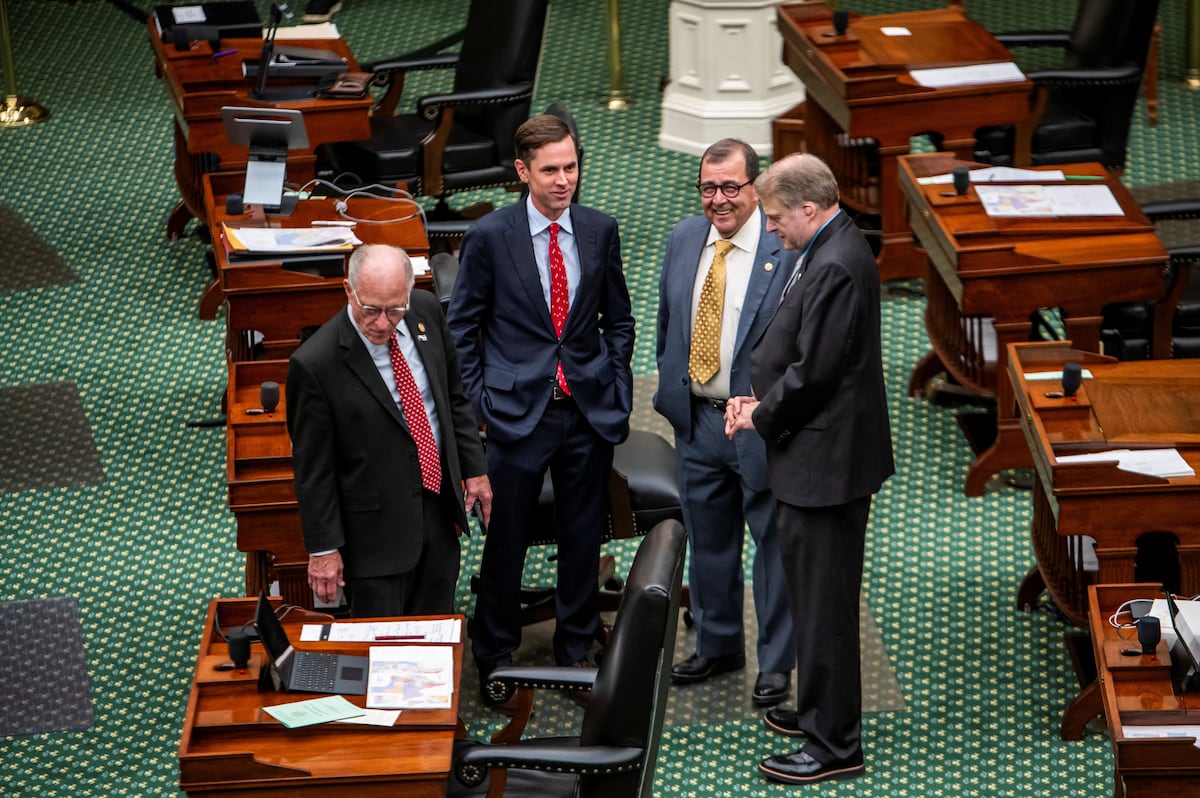
"Around 750 new laws will come into effect in Texas on September 1, bringing radical changes to daily life, while the state faces criticism for manipulating electoral districts. Governor Greg Abbott signed 1,155 bills in June, reflecting the state's current priorities in school choice, public safety, infrastructure, and cultural policy. Senate Bill 2 establishes one of the largest school voucher programs in the country, providing parents with more than $10,000 per child per year to cover private school tuition or other education-related expenses."
"Public schools will also see a significant increase in funding thanks to House Bill 2, which will allocate $8.5 billion to teacher compensation, special education, early childhood learning, and other educational needs. For its part, Senate Bill 1 establishes a biennial budget of $338 billion, with more than 70% going to education and health services, in addition to funding water, broadband, and energy infrastructure."
"Other education bills include House Bill 1481, which bans cell phone use in schools, and House Bill 27, which requires all high school students to complete a personal financial education course. Senate Bill 10, which requires public schools to display the Ten Commandments, has faced legal challenges and its implementation remains temporarily blocked in some districts. Several bills focus on eliminating school policies related to diversity and inclusion."
Around 750 new laws will come into effect in Texas on September 1, changing daily life and prompting criticism over manipulated electoral districts. Governor Greg Abbott signed 1,155 bills in June that emphasize school choice, public safety, infrastructure, and cultural policy. Senate Bill 2 creates a large voucher program offering more than $10,000 per child annually for private tuition or education expenses, with up to $30,000 extra for students with disabilities; the voucher program begins in the 2026–2027 school year. House Bill 2 directs $8.5 billion toward teacher pay, special education, early childhood learning, and other needs. Senate Bill 1 sets a $338 billion biennial budget allocating more than 70% to education and health services and funding water, broadband, and energy infrastructure. Additional measures ban cell phone use in schools, mandate personal financial education for high schoolers, face legal challenges over displaying the Ten Commandments, expand bans on Diversity, Equity, and Inclusion programs, restrict consideration of race and gender identity in hiring, and increase parental authority over library materials.
Read at english.elpais.com
Unable to calculate read time
Collection
[
|
...
]